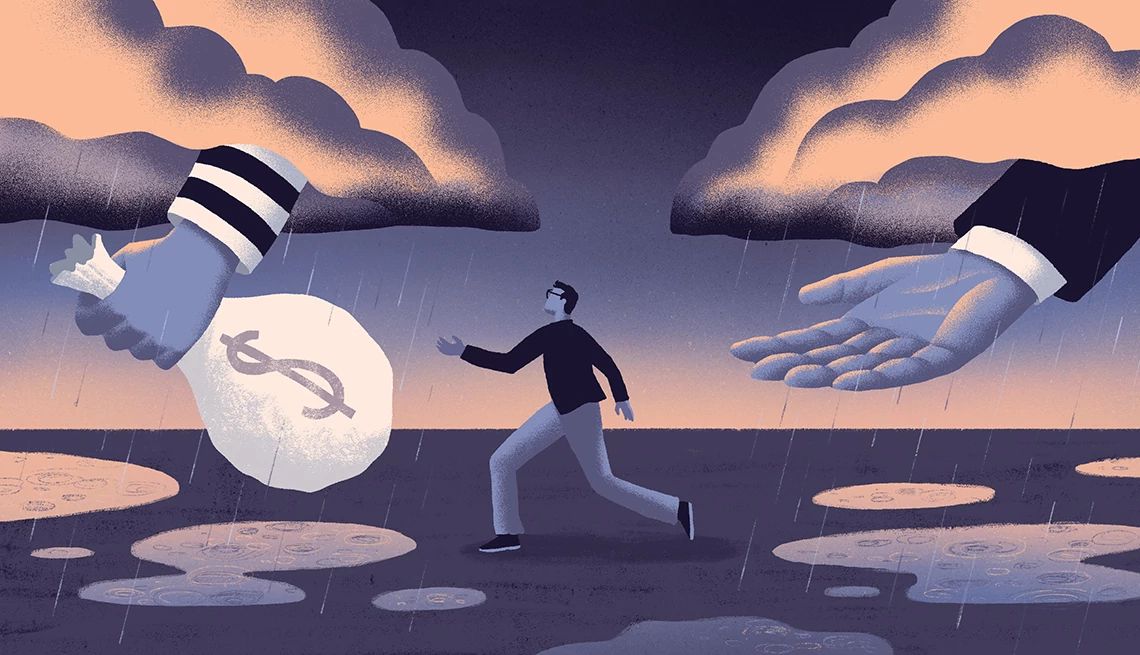

Article content
I am from a generation where people trusted each other.
Advertisement 2
Article content
Business was often done with a handshake because you knew you could count on the other person. Neighbours took care of each other, and many people did not lock their doors at night or even during the day.
Over the last few years, I have been reminded I no longer live in a society that can be blindly trusted. We need to be smart and vigilant with our own safety and the safety of what we have worked hard to have.
E-transfer transactions
My buddy Mel had a nerve-wrecking experience when her partner received an e-transfer overpayment from an online buyer. Once the bank transaction was complete, the scammer had full access to private information and accessed their accounts and credit cards. My friend and her partner sat for a tense 20 minutes with one of them on the phone with the bank and the other one moving sums of money around when the scammer tried to withdraw from their accounts.
Advertisement 3
Article content
My friend was amazed at how quickly scammers gained access in such an everyday way, but was able to shut everything down before real damage was done
Dating site scams
I have written about my experience before on a few well-known paid and free apps, but people looking for that special someone need to be vigilant when they engage these services.
More singles than ever are on dating sites, increasing their chances of encountering these types of scammers.
Catfish scammers
The first type of scammers on these sites are people who misrepresent themselves and end up being years older than their profile pictures, and who at best tell half-truths about themselves, and at worst outright lies.
It’s a buyer-beware scenario, and consumers looking for romance need to be careful and protected when they meet someone. Make sure you stay on the protected websites as long as you can, and do not rush to give out your other contact info. Messenger them first to see if they are who they say they are and research into their identity online as much as you can. Listen to the red flags.
Advertisement 4
Article content
The second type of dating catfish, scammers are looking for financial gain. These romance killers are people who quickly say I love you even though they have never met you and avoid Facetime but will talk on the phone, usually trying to get you on an app like WhatsApp. At the end of the romantic buildup they usually ask for cash. It can get very ugly when you refuse. Block and delete.
Sometimes the online romantic scam is obvious, like when a friend found a profile with George Clooney’s picture on the fake account. Another person I know reverse-profiled the pictures that looked too good to believe. The picture ended up being a model.
Recommended from Editorial
Advertisement 5
Article content
Credit card scams
One of the most common scams is a credit-card theft scam, which I avoided most of my life until last year. I had purchased dog products online, and instead got a phone call from the fraud department at my bank.
I never got my dog products, but the bank wanted to know if I had recently been to Canada’s Wonderland. Lucky for me my bank called quickly and wrote the charges off before sending a new card.
Be smart with what you buy and stick to the well-known sites.
Cryptocurrency scams
Someone else in my family got caught up in the cryptocurrency excitement and invested $500 . Within weeks the amount had tripled, and the company wanted to know if he wanted to invest more money.
I talked him into taking out the original investment amount to protect it, and that was when he found out he had been scammed out of his money and the false financial windfall.
Advertisement 6
Article content
The scammer quickly disappeared so he could not even find them online.
Facebook duplicate scam
Yet another scam is taking place in large numbers on Facebook where accounts are being duplicated along with friend lists.
People are being exposed by friending people they are already friends with, giving scammers access to account information. Friends are being messaged asking for amounts of money thinking they are talking to someone they know.
Sometimes these scammers are easy to identify by the tone of the message or the early or late times they come in. Always report the incident to the person affected and report to Facebook.
Support group scam
The last scam I have recently seen and heard about involves online support groups for people who have been hurt. This scam involves other members offering to hook members up with hackers to help investigate abusers for a small sum to be transferred to people on third-party sites like Instagram.
I feel these scams are especially heinous when perpetuated against people who have already suffered so much. Report these immediately to administrators.
It is shocking how many online scams people have experienced. Victims feel foolish and often do not want to talk about the money they have lost. While scammers have always been around, the internet has increased the chances of unsuspecting consumers being taken for larger sums of money.
I have learned if it looks too good to be true — online or in real life — it probably is.
Buyers beware.
Article content





















